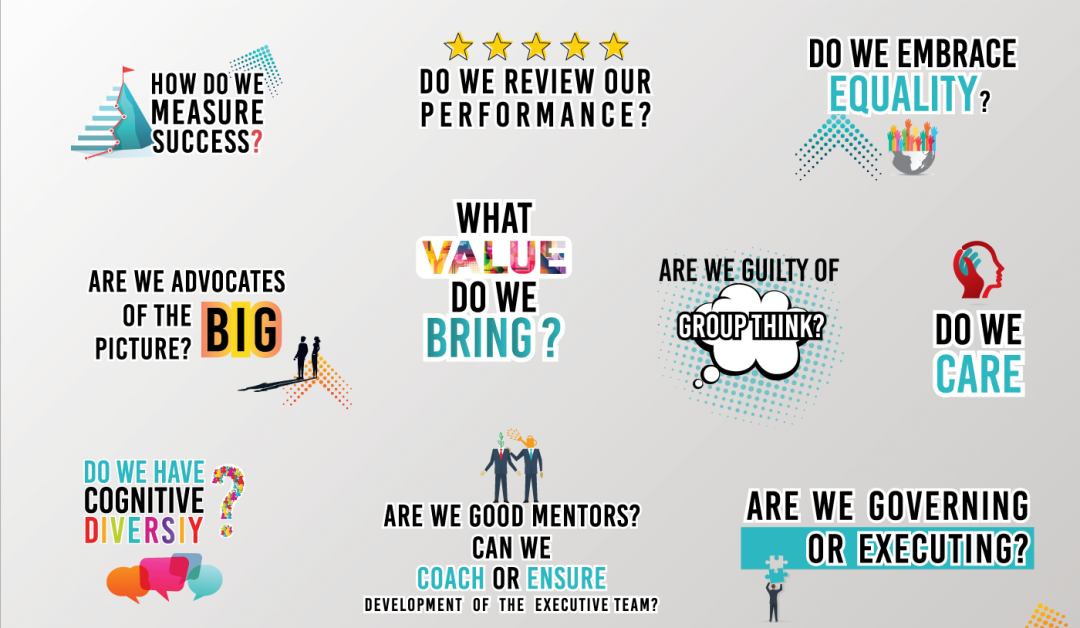Does it surprise organisations that having a group of individuals who look the same, think the same, and, have a similar career profile, more often than not leads to a collective group that make the same mistakes?
There are so many questions we should be asking shareholders, owners, investors and professionals in my industry around the future of board composition and how institutions are applying a future proof framework.
Let’s look at a few interlinked areas where if we think differently, we can make a difference.
Diversity of People
I have grown up inspired by British Athletes of differing era’s Daley Thompson, Colin Jackson, Denise Lewis, Linford Christie, Jessica Ennis, Kelly Holmes and Mo Farah…all pioneers, icons and role models.
The commonality being that all are obviously British Nationals of Jamaican, Nigerian or Somalian Heritage.
Fast forward to 2020 and Research by UK Sport and Sport England found that black, Asian and minority ethnic (BAME) people accounted for just 5.2 per cent of board members across the 130 sports they fund.
These numbers are not reflective of the concentration of BAME Athletes that wish to inspire the future generation of Athletes. The broader the diversity of a group of individuals at Board/Non-Executive level, quite simply the easier it becomes to recognise and address challenges that may exist within our system for differing races, sexes and genders.
So do we need to also think differently, YES, which is a natural segue to
Diversity of Thought
Cognitive Diversity is slowly being recognised as a value tool and I am pleased to advise it is becoming more sought after in the workforce and in the Non-Executive community, after all it wasn’t a taxi driver who created Uber and it wasn’t a retailer that started Amazon.
To further support this statement Shasta Ventures ran an analysis of 32 companies that we would deem ‘high flyers’, including Uber, Twitter, Dropbox, Twitch, etc. They looked at the company’s when they were raising their Series A funding. They found a few different traits. One that stands out:
Three-out-of-four of the companies in our survey were built and run by people who were doing it for the first time. They did not have a win under their belt or deep experience in their field, but were passionate about their product and had a unique perspective on how to serve their target customer. Having a fresh perspective is important in tackling a category as people with industry experience are often constrained by what is ‘not possible’ and why it ‘won’t work’.
How we process and prioritise information differs from one person to another, for example many people will use historical data as a reference point and base line to support any decision on how they overcome a new challenge, whereas, others may request new data, ideas and new research/evidence to support their decision on how to overcome a new challenge.
Neither is right or wrong and the right decision-making framework will ideally provide a balance of the 2.
Diversity matters and we now have data that supports a clear statistical correlation where companies in the top quartile for gender, racial and ethnic diversity are more likely to generate financial returns above the national industry median.
Diversity + Opportunity = Growth & Return
Author: Daniel Murphy – Director and Co-Founder at www.teamecap.com
About ecap:
With more than forty years of experience in leadership assessment and board level placement, at ecap, we believe that people are your greatest asset.
That’s why we built a business to help you hire, restructure, develop, and retain your assets. We deliver true leadership advisory solutions for Boards, Executive teams, Government, and Investors.
We will connect you with our global team of experts with extensive experience in leadership assessment, people consulting, senior, specialist, and niche executive appointments.
We also build and deliver targeted talent assessment programs, giving you the insight and confidence to make effective decisions and implement optimal structures.




